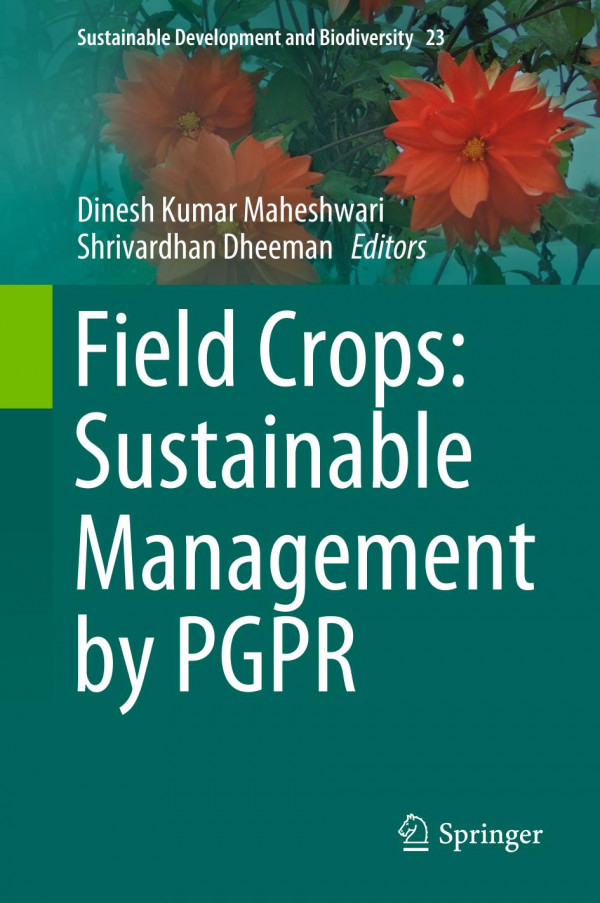

Most ebook files are in PDF format, so you can easily read them using various software such as Foxit Reader or directly on the Google Chrome browser.
Some ebook files are released by publishers in other formats such as .awz, .mobi, .epub, .fb2, etc. You may need to install specific software to read these formats on mobile/PC, such as Calibre.
Please read the tutorial at this link: https://ebookbell.com/faq
We offer FREE conversion to the popular formats you request; however, this may take some time. Therefore, right after payment, please email us, and we will try to provide the service as quickly as possible.
For some exceptional file formats or broken links (if any), please refrain from opening any disputes. Instead, email us first, and we will try to assist within a maximum of 6 hours.
EbookBell Team

4.0
36 reviewsThis book discusses the most challenging task ahead of researchers from India and around the globe: providing disease-free field crops for the ever-growing world population. In Asia, despite being cultivated in massive volumes, major crops, including cereals, oil seed, tuber and non-tuber vegetables, and fruit, are not meeting the demands of the increasing population. This book showcases naturally occurring beneficial microbes in the form of plant growth promoting rhizobacteria, or PGPR, which make it possible to grow field crops without applying synthetic chemicals.
Our understanding of PGPR has increased exponentially in recent decades. They play a multifarious role in developing sustainable systems of crop production and protection. The book focuses on the mechanistic behaviors of PGPRs, their use to develop sustainable cultivation techniques, and their application to enhance crop growth and productivity at the cutting edge of tech-oriented agriculture and to replace hazardous chemicals with microbial inoculants. The book is useful to agronomists, microbiologists, ecologists, plant pathologists, molecular biologists, environmentalists, policy makers, conservationists, and NGOs working on organically grown field crops.